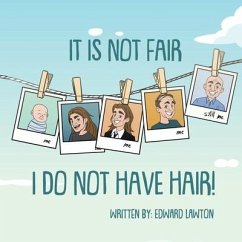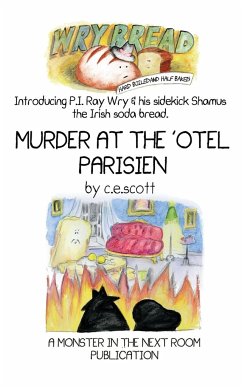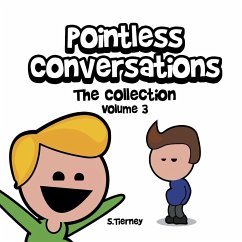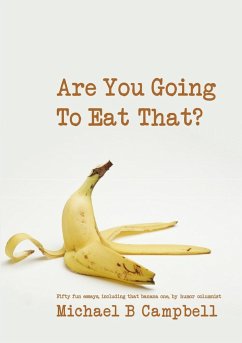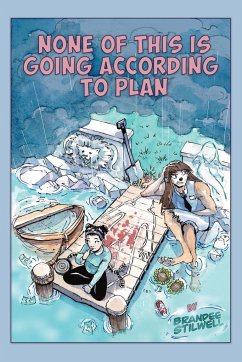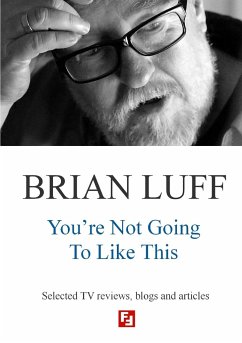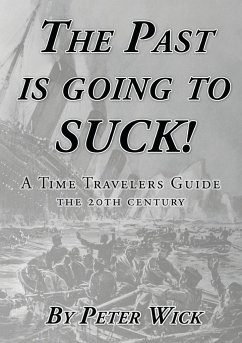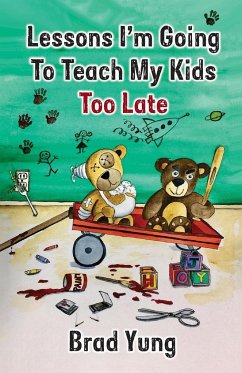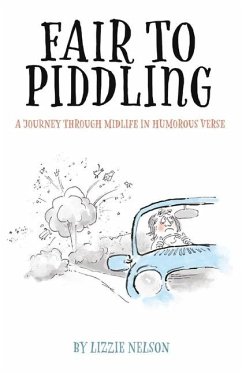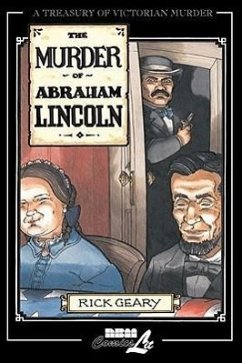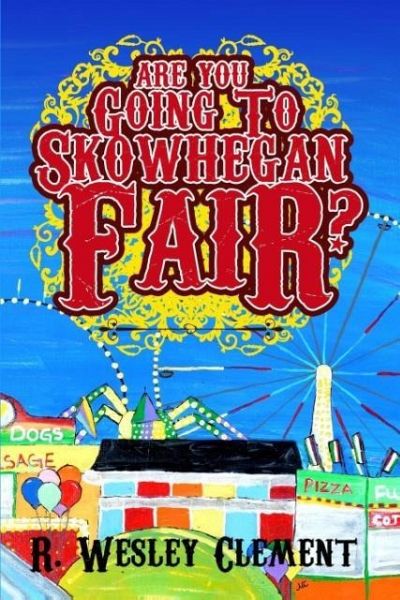
Are you Going to Skowhegan Fair
Versandkostenfrei!
Versandfertig in 1-2 Wochen
21,99 €
inkl. MwSt.

PAYBACK Punkte
11 °P sammeln!
This story is dedicated to all the men and women who have done their part to make America the most generous country on earth. Most of us came from modest means and have used the gifts that our creator supplied us with to build successful, fulfilling lives. Along the way we offered a hand to the oppressed, the afflicted, the trodden down. I refuse to get drawn into political discourse I will simply say this - when we sit down at the table to break bread whether we use our right hand or our left, we are all brothers and sisters. The summer of 1963 was filled with hope. Carl Yastrzemski was havin...
This story is dedicated to all the men and women who have done their part to make America the most generous country on earth. Most of us came from modest means and have used the gifts that our creator supplied us with to build successful, fulfilling lives. Along the way we offered a hand to the oppressed, the afflicted, the trodden down. I refuse to get drawn into political discourse I will simply say this - when we sit down at the table to break bread whether we use our right hand or our left, we are all brothers and sisters. The summer of 1963 was filled with hope. Carl Yastrzemski was having a season that had New Englanders believing their Red Sox might emerge from the middle of the pack and challenge the dreaded Yankees. If John Glenn could circle the earth, then surely the bean-towners could do better. With a young energetic President in office teenagers were beginning to follow national events. John F. Kennedy was our President he was our hope for a brighter future. We were being asked to make the world a better place by volunteering around the globe. Rachel Carson was asking us to examine the way we treated our world. Words like Pesticides and DDT became part of our vocabulary. A conflict in Southeast Asia was beginning to challenge our knowledge of geography-an undeclared war more and more becoming the lead-in on nightly broadcasts. We looked to Walter Cronkite to make sense of it. He was the most trusted man in America. We let our parents handle the heavy lifting, we teenagers remained insulated by the comedies and game shows that filled our living rooms. TV was our entertainment medium. Some things we couldn’t ignore. Older guys we remembered from recent football and other sports teams were suddenlycommanding attention for an entirely different reason. The first funeral attended by members of the class of 1964 for an older former sports star who was now being hailed as a hero for a very different reason - he died for his country. And still we refused to believe our innocence was lost. Surely this conflict would not last - we were after-all the most powerful nation on earth. Music was changing, the Beatles arrived. But just below the surface a different lyric with a common theme; the collective voice of protest. Bob Dylan sang of it. Glenn Campbell sang of it. Joan Baez sang of it. Simon and Garfunkel sang of it. We heard the words, but still - it was a different world this side of the Kittery Bridge. In the little Central Maine town of Skowhegan in the county of Somerset none of it seemed real. What was real was Ma Beane’s hamburgers, hot dogs, and fries served up by local beauties - feeding our evenings. Adults stopped in for some of Ma’s famous fried clams and shook their heads at our actions as we danced on the outdoor concrete pad. The outdoor juke box lived on hard earned quarters - no protest songs for us just good old rock and roll. We sat in our cars telling tall tales or planning the evening’s mischief which usually entailed enticing one of the girls who served us food to a ride home. Spinning tires - would on the hour it seemed - send squeals and blue smoke into the night, Ma Beane hurriedly trying to catch a glimpse so she could chastise the culprit when they returned - as they always did.



